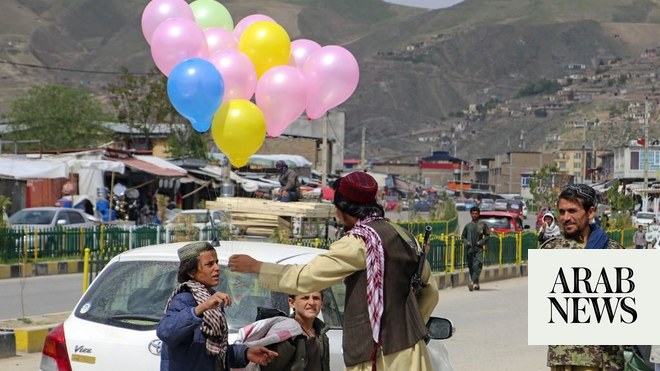
Pope Francis met on Tuesday with Myanmar State Counsellor leader Aung San Suu Kyi as she and authorities in his country faced international condemnation for the government crackdown against the Muslim Rohingya minority.
The pope avoided a diplomatic backlash by refraining from using the term “Rohingya,” but told Suu Kyi and other government authorities that the countrys future lay in respecting the rights of all its people — “none excluded.”
The leaders of majority-Buddhist Myanmar must commit themselves to justice, human rights and respect for “each ethnic group and its identity”, he continued.
More than 620,000 Rohingya have fled to Bangladesh - where the pope heads on Thursday - since the end of August, escaping from a military crackdown that Washington has said included “horrendous atrocities” aimed at “ethnic cleansing”.
Scores of Rohingya villages were burnt to the ground, and refugees told of killings and rapes.
Myanmar’s military has denied all accusations of murder, rape and forced displacement.
“The future of Myanmar must be peace, a peace based on respect for the dignity and rights of each member of society, respect for each ethnic group and its identity, respect for the rule of law, and respect for a democratic order that enables each individual and every group – none excluded – to offer its legitimate contribution to the common good,” the Pope continued.
Myanmar rejects the term “Rohingya” and its use, with most people instead referring to the Muslim minority in Rakhine state as illegal migrants from neighboring Bangladesh. The pope had used the word Rohingya in two appeals from the Vatican this year.
But before the diplomatically risky trip, the pope’s own advisers recommended that he not use it in Myanmar, lest he set off a diplomatic incident that could turn the country’s military and government against minority Christians.
Human rights groups such as Amnesty International, which has accused the army of “crimes against humanity”, had urged him to utter it.
A hardline group of Buddhist monks warned on Monday - without elaborating - that there would be “a response” if he spoke openly about the Rohingya.
Francis has said his aim in coming to Myanmar is to minister to its Catholic community, which numbers around 660,000 people, or just over 1 percent of the population of about 52 million.
In his homily Wednesday, Francis referred to the suffering that Myanmars ethnic and religious groups have endured, a reference to the decades of conflicts between Myanmars ethnic minorities and the military that continue today in parts of the country.
Myanmar recently emerged from nearly half a century of military dictatorship, but minorities including the Kachin and Karen are still subject to discrimination and other forms of violence.
"I know that many in Myanmar bear the wounds of violence, wounds both visible and invisible," Francis told the crowd in Italian that was translated into Burmese. Although he said the temptation is to respond with revenge, he urged a response of "forgiveness and compassion."
Suu Kyis civilian government, which came to power in 2015 after decades of military rule, has been negotiating with 17 of Myanmars 20 major ethnic groups that have staged decades of insurgencies against the central government demanding greater autonomy. The conflicts involving the Karen, Kachin, Sha and Wa — who are 40 percent of the countrys population — have claimed thousands of lives.
When she came to power in 2016, Nobel peace laureate and longtime champion of democracy Suu Kyi said her number one priority was ending multiple ethnic conflicts that have kept Myanmar in a state of near-perpetual civil war since independence in 1948.
That goal remains elusive and, although Suu Kyi remains popular at home, she has faced a barrage of international criticism in recent weeks for expressing doubts about the reports of rights abuses against the Rohingya and failing to condemn the military.
Although Suu Kyi formed Myanmar’s first civilian government in half a century, her defenders say she is hamstrung by a constitution written by the military that left the army in control of security and much of the apparatus of the state.
Vatican sources say some in the Holy See believe the pope’s trip to Myanmar was decided too hastily after full diplomatic ties were established in May during a visit by Suu Kyi.
Francis leaves on Thursday for Bangladesh, where he will meet a group of Rohingya refugees in the capital, Dhaka.












